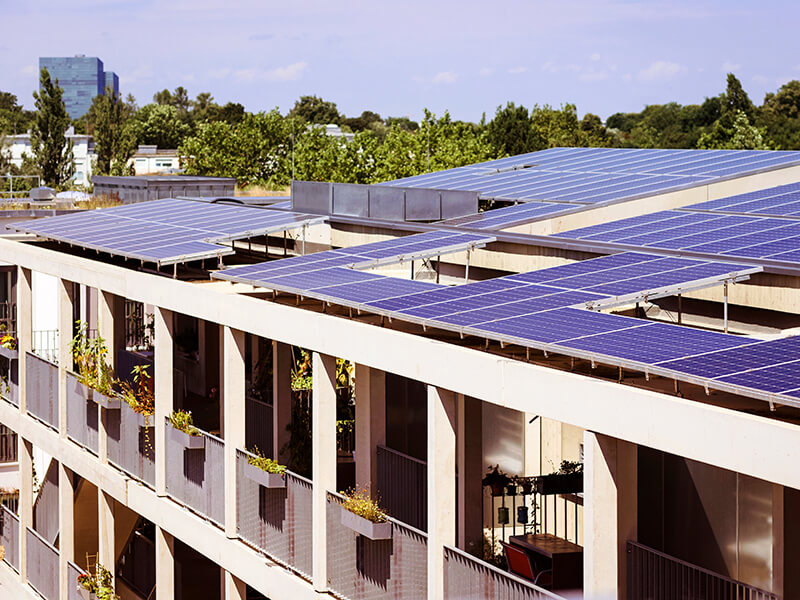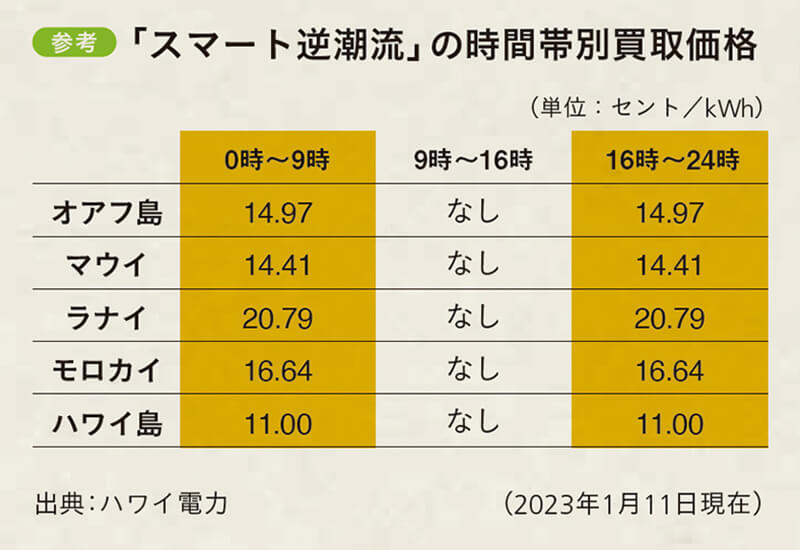Solar power has finally started in Japan. In Europe and the United States, compulsory use began earlier than that. It is characterized by the development of various policies, such as making it compulsory, while giving careful consideration and introducing new programs. What kind of measures are being implemented?

Good news for Tokyo to make solar power mandatory
Battery should be included in the future
In Tokyo's mandate for solar power, the initiative was firmly demonstrated this time as well as the Tokyo Metropolitan Government, which has been leading the policy of Japan. I think it was good that the draft ordinance was adopted by the parliament as well as being an idea. In the future, Kawasaki City will follow Tokyo, but I hope that similar movements will spread to local governments nationwide. Especially now that electricity prices are soaring, introducing solar power is also economically advantageous. Such measures should be actively expanded.
Looking to the United States, California started working on residential solar mandates about two years earlier than Japan. Under the leadership of Governor Gavin Newsom, the "Solar Mandate" is being promoted to make solar power mandatory for homes and condominiums. Electricity costs are high in California, and the benefits of introducing solar power in Tokyo are good news. Storage batteries should also be incorporated in the future. The cost of photovoltaic power generation systems is also falling, making it easier to make a profit. It is characteristic that not only detached houses but also builders of collective housing are included in the mandatory targets. On the other hand, detailed considerations are given, such as exemption from obligations for businesses participating in citizen-led community solar.
In addition, in Hawaii, where electricity prices are higher than in California and solar power for residential use is widespread, the local Hawaii Electric Power Co., Ltd. is conducting a voluntary program, such as working on one of the largest VPPs in the United States to install storage batteries in 6,000 homes. . In Hawaii, due to the widespread use of solar power, the duck curve phenomenon, in which power demand increases in the evening when power generation decreases, has become apparent. Therefore, from 2022, we have introduced a program called "Smart Reverse Current". This is a program that introduces solar power and storage batteries as a set, and purchases surplus electricity at a high price in the morning and evening, but does not purchase it during the day and takes it back for free. By combining storage batteries, in addition to the advantage of being able to distribute the reverse power flow to the system in the morning and evening, consumers will be able to purchase it at a high price, so it will be possible to recover the cost of storage batteries and solar power. In this way, the combination of storage batteries and solar power is rapidly spreading around the world.
Reference: Purchasing price of "Smart Reverse Power Flow" by time zone

(As of January 11, 2023) Source: Hawaii Electric Power
On the other hand, in Europe, due to the impact of Russia's invasion of Ukraine, the German government adopted the "Easter Package" in July 2022 to further strengthen renewable energy. We will focus more on solar and wind power, show the direction of 80% renewable energy by 2030 and 100% by 2035, and are accelerating. The Renewable Energy Act (EEG) places strict restrictions on ordinary open-air solar power through bidding, etc., while residential solar power and community solar power led by citizens are subject to fixed-price purchases at high prices. , has developed a detailed policy. At the same time as Tokyo, local governments in Germany also started making solar power mandatory. The German government has set very ambitious expansion targets of 215 GW of solar by 2030 and 400 GW by 2040, up from the current 60 GW. In addition to the climate crisis, we are accelerating the introduction of renewable energy using the recent energy crisis as a springboard.
Learning from these overseas measures, Japan should also quickly include storage batteries as a mandatory target. Applying the surplus purchase mechanism of the FIT system, like Hawaii Electric Power, we purchase electricity at zero yen during the day and at a high price in the morning and evening. The market for storage batteries will also expand. It will also contribute to the electricity market by suppressing the reverse power flow caused by sunlight during the day, and will also solve the problem of power shortages in the evening. Now is the time for Japan to work on smart reverse power flow by mandating residential storage batteries in addition to solar power, and mandating solar power for local governments.






